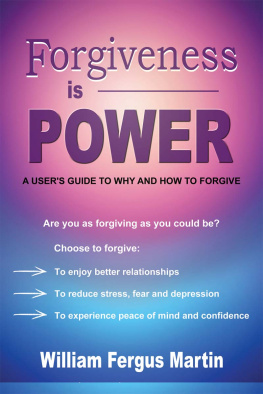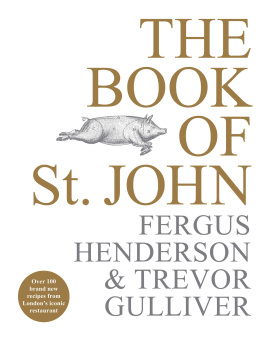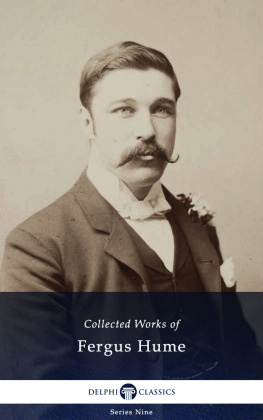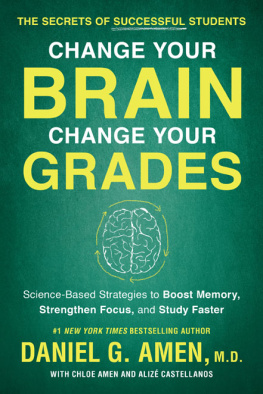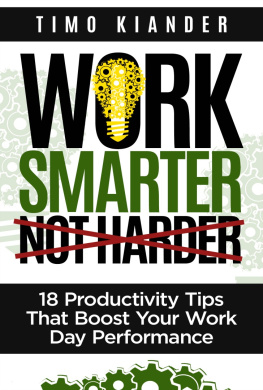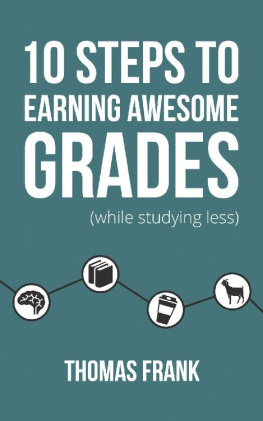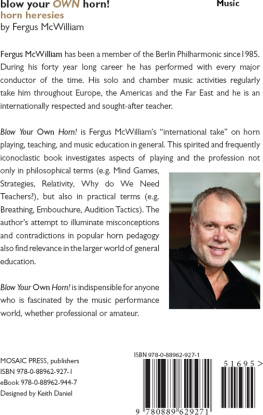Dee was a highly motivated student who despite all her efforts felt that she wasnt making the progress she really wanted. I am running out of time she said with a hint of panic. I cant get through all my lecture notes in the time left .
Trying to fit everything into her busy schedule felt like a constant race. When it came to assessment time, she would forget certain things that she needed to remember. I have spent my time concentrating hard and revising and yet I cant remember some key points when I need to . This was a big frustration for her.
Dee knew that as things stood, her overall performance would not reflect her capabilities and level of effort. But within weeks, things had completely changed. Dee was able to transform her studying with a remarkably simple but overlooked idea. It was because she applied this idea and made some changes that her study performance improved, and she didnt need to increase her study hours more. It is this insight that forms the basis of this book.
The challenge Dee experienced demonstrates how much she struggled with studying and fitting everything into the increasingly busy schedule she had. Success and high performance at university are ultimately going to be made or broken by the study approaches people use.
Learning at university is more than memorising key terms
It can seem confusing to know what exactly is needed in order to maximise study efforts. After all, we are born with this amazing brain, but it doesnt come with a user manual. Learning at university is more than memorising key terms and answers to past papers. This approach wont deliver top grades at university.
Not all study approaches are effective
My research supports what other empirical evidence shows; there are different study approaches that students regularly use. However, top students are more selective. Not all study approaches are effective. Its knowing what needs to be done for different tasks that will lead to higher performance.
It was at this point that Dee decided to contact me and ask for advice. My experience as an academic lecturer for over 15 years with extensive research into learning, enabled me to pinpoint what wasnt working for Dee. This book will explain a simple but misunderstood idea that will transform how you approach studying.
I have observed many times over, the typical ways that students approach studying and learning. Their intentions and motivations are well meaning and sometimes they are doing what they have always done. These approaches worked in school or somewhat worked at times, but at university the results are not consistent. Re-writing lecture notes again and again to help understand the topic. Repetition through re-reading notes over and over with a need to drum the notes in so that they stick. Putting in hours to complete a piece of assessment only to receive back the grade and feedback and feel disappointed.
Repetition either by re-reading or re-writing notes feels productive. The problem with re-reading notes over and over is that it leads to a false sense of learning. The notes become more familiar through repetition and this feeling of familiarity is easily mistaken for learning. Re-writing notes takes up a lot of time and it will build up those writing muscles. Thats not the desired outcome here and re-writing notes out multiple times wont consistently lead to good learning.
My academic career spans over 15 years and my teaching has been recognised with multiple awards. These include a teaching award from the Royal Society of Chemistry and a National Teaching Fellowship for my positive and outstanding impact on student outcomes.
I am a scientist, a chemist actually. I did my degree and PhD in organic chemistry, so drilling deep to find answers is how I have been trained. I dont subscribe to the one size fits all for studying. There is no one way, but there are approaches proven to be more effective and backed by scientific evidence. After finishing my PhD, I travelled to Italy working as a postdoc, carrying out research in a laboratory. I also learned to speak Italian which was a fabulous experience and it was fun being a student again. They used to call me Yoda as I spoke backwards in Italian!
On the 31st August 2008, my life was turned upside down, literally! I was out cycling, training for a triathlon, coming towards the end of the training ride and I came off my bike. I dont remember to this day what exactly happened. It had started to rain, and my wheel just slipped over a metal grate on the road. I wasnt hit by a car, but my head hit the concrete road. Fortunately, I was wearing a helmet. If I wasnt, well, I wouldnt be here today.
It was a massive turning point in my life. I couldnt go to work at university for almost a year. When I returned, I was only able to work for a couple of hours and then I had to go home again. I had a skull fracture; half of my face was paralysed. I couldnt hear properly and had terrible headaches. It was scary but following a slow recovery where I wasnt even able to read or watch TV, (imagine how bored I was) I made it back. I have had no long-term side effects other than taking 7 years to get back up on a bicycle again.
The one thing about not watching TV or reading was I had lots of time to think. The consultant told me that I was extremely lucky, if I had no helmet, I wouldnt be alive. Those words hit me hard. I remember thinking I am not ready to die, I have so many things I want to do. I started to really dig into my soul and ask some deep questions about my life. My own mental checklist of fun and adventure. I kept coming back to making a difference to others especially in relation to learning. Its a powerful drive inside and one goal for me was to write a book for students.
Learning to learn is something we arent explicitly taught how to do. I interviewed successful students and I found that there are specific strategies these students use, which differ from what most other students do. As already established, repetition through re-reading and re-writing notes is not the most effective way to study. When I worked with Dee, we did a number of things that surprised her. We looked at note-taking methods during and after lectures. We analysed how she used her time throughout the day and how she used recorded lectures to study. Dee, like so many students, believed that she would need to do more to improve her performance. She was studying for hours each day and didnt know where she would find more time. The simple truth is that studying smarter is more than saying work harder. This meant that Dee was not needing to double her study time but had the formula to work out how many hours she needed per lecture and could apply that to her study timetable. She was able to use her time and study smart. She stopped re-writing her notes out and used a note-taking method to help her learning. She maximised her use of lecture recordings so that she wasnt wasting her time.
Learning to learn is something we arent explicitly taught how to do
Remember studying smart is not about spending longer hours re-reading and re-writing notes. Not only does the learning stick, but the level of self-confidence increases because you understand the rules of the brain and how to work with them. The study strategies I have included in this book are those that will maximise your efforts in the time you have. I have written a book that provides useful hacks, backed up by evidence on what to do and what not to do in relation to studying. The 21 chapters are everything I have met as a lecturer. I have distilled down 15 years of academic experience keeping each chapter on point and relevant. Its definitely not a heavy theoretical academic textbook. It is more an operating manual for studying written for students. Each chapter covers a step in the students academic journey starting with the common challenges students meet, followed by how to apply these to studying. If you are interested in the research, you can easily find it at the back of the book. If you just want to know the top tips and hacks, then you can go straight to that section in each chapter. I have included some elements of recapping in sections, particularly for important points. This deliberate repetition is done for a very good reason.






